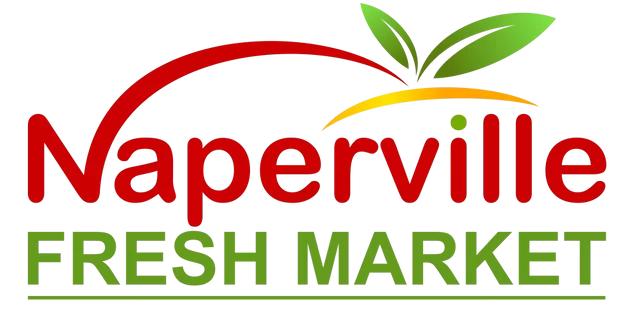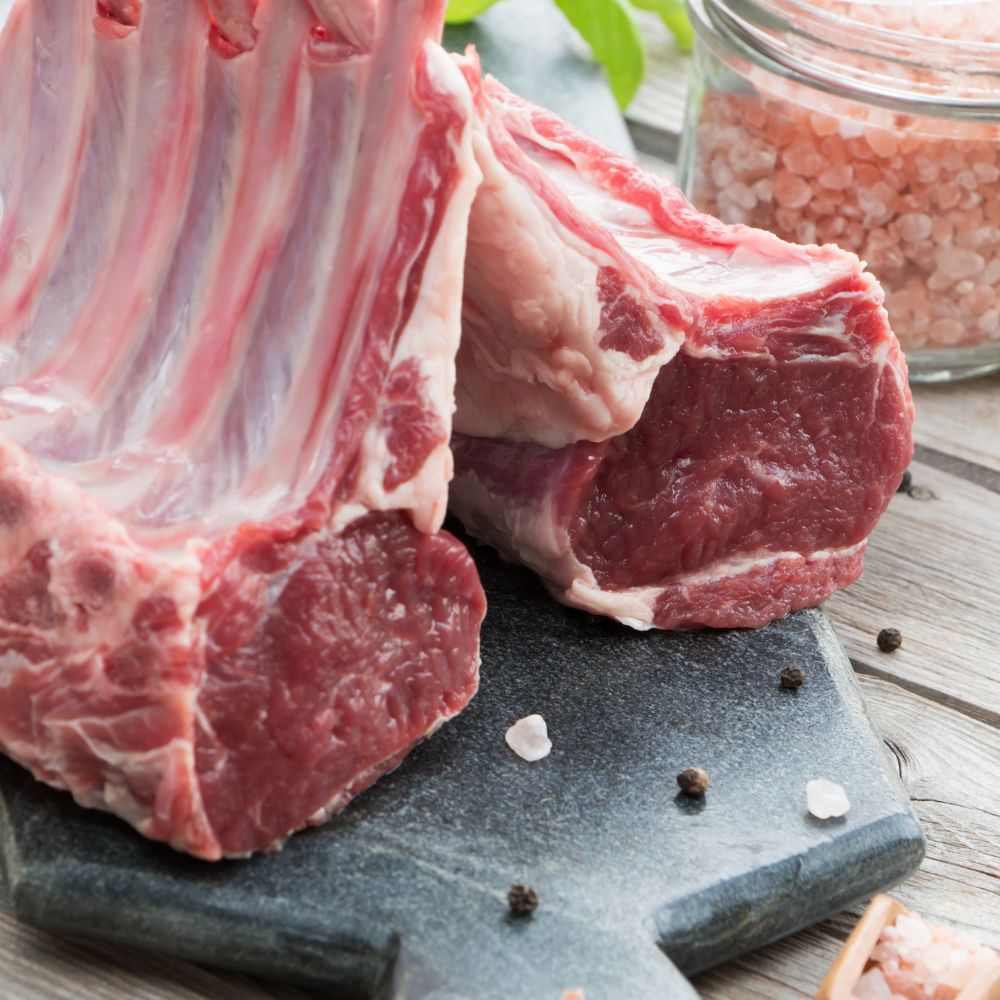The increasing popularity of halal meat in Western markets reflects a shifting consumer landscape driven by diverse culinary preferences, cultural influences, and a growing awareness of halal dietary practices. From mainstream supermarkets to specialty stores, the availability of halal meat products has expanded, catering to the needs and preferences of a multicultural consumer base. Let’s explore the trends and consumer insights driving the rise of halal meat in Western markets.
Cultural Diversity and Culinary Exploration: Embracing Halal Cuisine
One of the primary drivers behind the rise of halal meat in Western markets is the growing multiculturalism and diversity of consumer preferences. As Western societies become more ethnically and culturally diverse, there’s a corresponding increase in demand for halal food products that cater to specific dietary requirements and cultural traditions.
Consumers are increasingly embracing halal cuisine as part of their culinary exploration, drawn to the rich flavors, aromatic spices, and diverse dishes that characterize halal cooking. Whether it’s enjoying a traditional Middle Eastern kebab, savoring a Pakistani biryani, or indulging in a Moroccan tagine, halal meat offers a world of delicious possibilities that appeal to a wide range of palates.
Health and Wellness Considerations: Perceived Quality and Nutritional Benefits
In addition to cultural factors, health and wellness considerations also play a significant role in the rise of halal meat consumption in Western markets. Many consumers perceive halal meat as a healthier and higher-quality option compared to conventionally sourced meat products. This perception is influenced by factors such as the absence of additives, hormones, and antibiotics in halal meat production, as well as the emphasis on humane animal welfare practices.
Furthermore, halal meat is often associated with nutritional benefits, including lean protein content, essential vitamins, and minerals. As consumers become more health-conscious and seek out wholesome, minimally processed food options, the nutritional profile of halal meat aligns with their dietary preferences and wellness goals.
Ethical and Religious Considerations: Meeting Diverse Dietary Needs
For Muslim consumers, the availability of halal meat in Western markets is essential for meeting their religious dietary requirements and maintaining adherence to Islamic principles. Halal meat products are prepared according to specific guidelines outlined in Islamic law, ensuring that they are permissible for consumption by Muslims.
The rise of halal meat in Western markets reflects a growing recognition of the importance of catering to diverse dietary needs and cultural sensitivities within multicultural societies. Supermarkets, restaurants, and food manufacturers are increasingly incorporating halal options into their product offerings to accommodate the preferences of Muslim consumers and foster inclusivity and diversity in the marketplace.
The rise of halal meat in Western markets is driven by a combination of cultural, health, and religious factors that resonate with an increasingly diverse and discerning consumer base. As awareness of halal dietary practices grows, so too does the demand for high-quality halal meat products that offer delicious flavors, nutritional benefits, and adherence to cultural and religious principles.
Learn More
Sourcing Halal Meat: How Supermarkets Ensure Quality and Compliance

